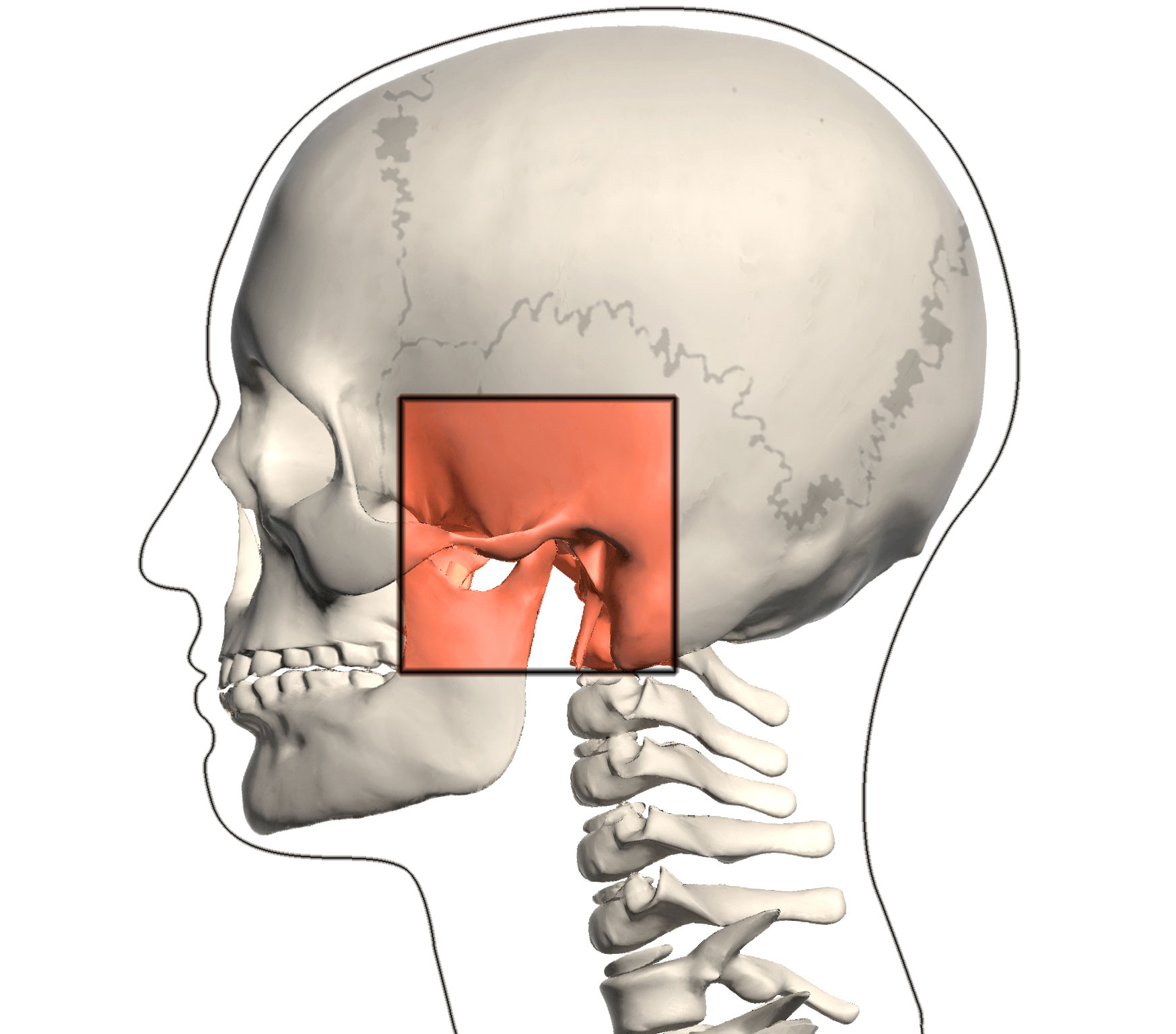 The temporomandibular joint (TMJ) is where the skull and lower jaw meet. Usually, the TMJs are pain-free and can move with little problems. Because the muscles and joints work together, a problem with either one can lead to pain, stiffness, headaches, bite problems, and/or a locked jaw.
The temporomandibular joint (TMJ) is where the skull and lower jaw meet. Usually, the TMJs are pain-free and can move with little problems. Because the muscles and joints work together, a problem with either one can lead to pain, stiffness, headaches, bite problems, and/or a locked jaw.
What Causes TMJ Disorders?
TMJ disorders are common and can affect people of all ages and all walks of life. TMJ is most often caused by:
- Tight muscles in the jaw, often from stress and clenching/grinding the jaw.
- Poor posture.
- Trauma to the jaw and neck from a whiplash.
- Arthritis and degeneration in the jaw.
The Symptoms
Symptoms of TMJ can vary, but often include:
- Clicking, popping, or cracking when opening or closing the mouth.
- Pain in one or both TMJs and the surrounding chewing muscles.
- Difficulty and/or pain with opening your mouth to eat or yawn.
- Ringing in the ears or the sensation that the ears are ‘clogged’.
- Sideways movement of the jaw during opening or closing.
- Jaw getting stuck open or closed.
- Pain in your neck and head.
- Frequent headaches that get worse with stress and/or clenching your teeth.
- Worn down/misaligned teeth.
Initial Assessment
The physiotherapist will assess three major areas:
- Head and jaw positioning.
- TMJ tracking and mobility.
- The musculoskeletal system including the face and neck.
Treatment Options
TMJ rehabilitation begins with a specific neuromuscular exercise program addressing the postural muscles and the muscles in the neck, shoulders and specifically around the TMJs. Manual therapy is often required as well as modalities such as ultrasound, acupuncture, heat and/or electrical stimulation to decrease pain and discomfort. Relaxation and stress management forms an integral part of your therapy, as does a regular fitness and exercise program. Nutrition and proper sleep hygiene are areas that must be addressed. Any underlying psychological issues must be dealt with for treatment to be effective.
Useful Hints for People with TMJ Disorders
- Limit jaw opening (yawning, biting wide), and cut food into small pieces.
- Rest the jaw by avoiding heavy/prolonged chewing (gum, bagels, tough meat).
- Avoid grinding and clenching teeth by keeping teeth slightly apart and the tongue on the roof of your mouth. • Avoid leaning on or sleeping on the jaw.
- Avoid tongue thrusting, licking your teeth and chewing non-food items (fingernails, pencils, etc.).
- Avoid protruding your jaw.
- Make every effort not to strain the ligaments of your jaw.
Referrals
No referral is required, but it is recommended that you are assessed by your dentist prior to commencing a TMJ rehabilitation program. Initial assessments usually last 30-60 minutes with follow up appointments lasting 20-30 minutes depending on the nature of the condition. We accept new patients under WSIB, auto-insurance and extended health benefits. Please call us at (905) 777-9838 to make an appointment or to speak with a member of the clinical team about your health concern.